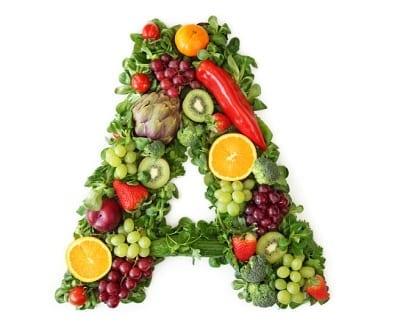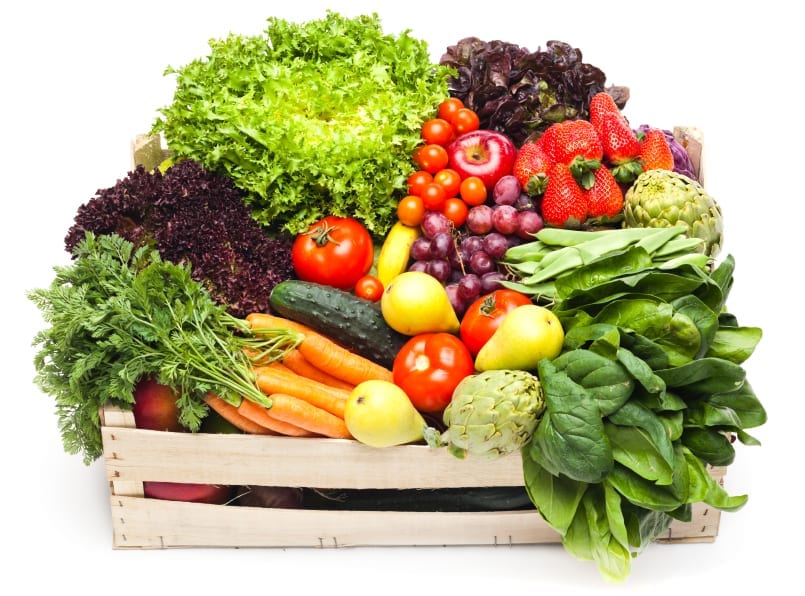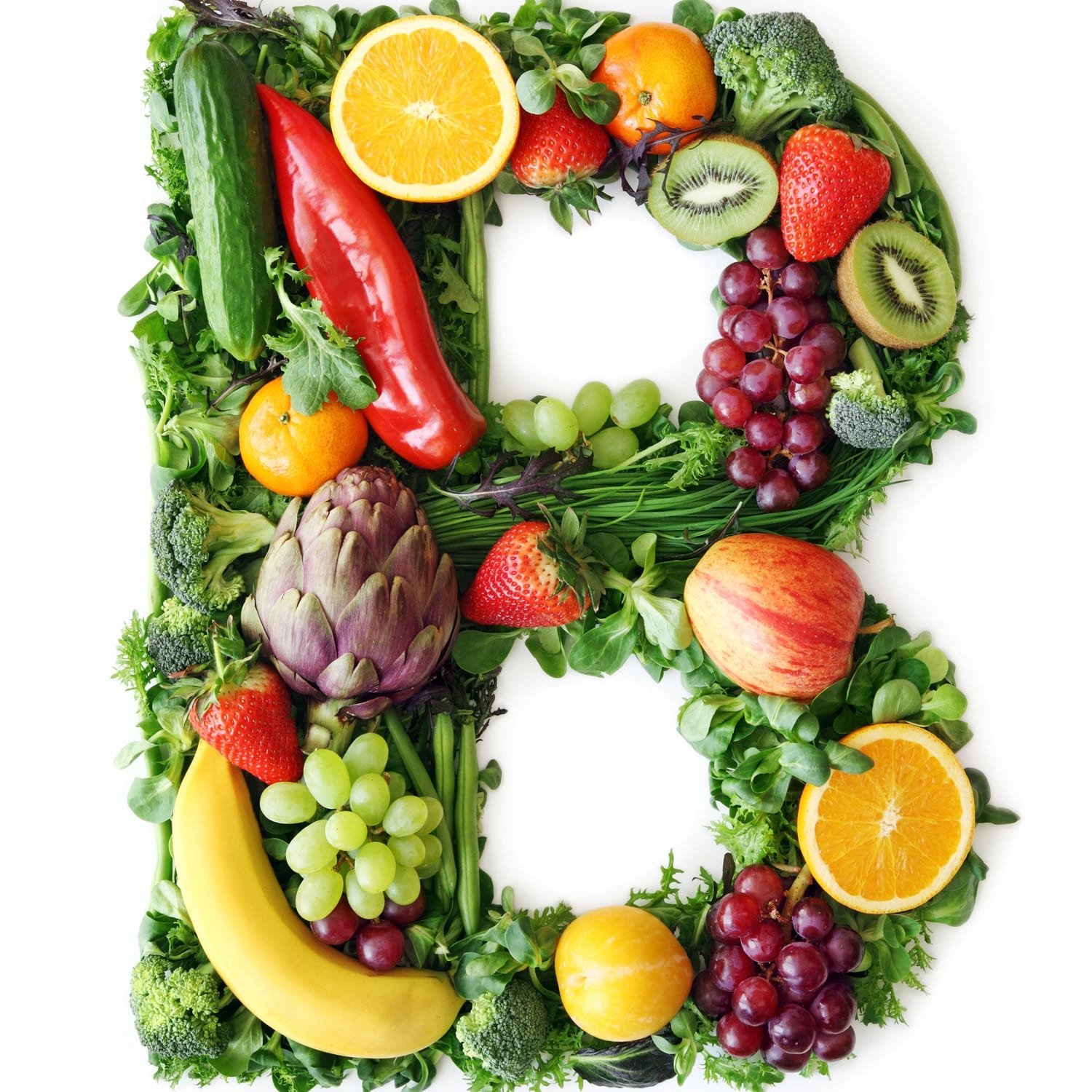Vitamin A, or Retinol, was actually the first of the fat-soluble vitamins to be identified, in the US, in 1913. It is only found in animal sources but some plants contain compounds called carotenoids, which give fruit and vegetables their red, orange and yellow colours. The body can convert some of these carotenoids including beta-carotene into Vitamin A.
What Is Vitamin A Essential For?
Vitamin A is essential for our healthy eyesight, especially at night, hence the name retinal from retina. The retina contains rod cells and these contain pigments that can detect small amounts of light and therefore adapt the eye to low-light or night vision or are responsible for our day time vision. Vitamin A is particularly necessary for the synthesis of rhodopsin the photopigment involved in night vision.
Vitamin A also helps ensure that our cells reproduce normally. It is necessary for the health of our skin, the mucus membranes in our respiratory system, digestive and urinary tracts. Our bones and our soft tissues require Vitamin A as part of the complex nutrient cocktail that keeps them from disease.
For younger people, Vitamin A has a direct influence on their reproductive capabilities. It has been shown to have an effect on the function and development of sperm, ovaries and the placenta. The growth and normal development of the embryo and then the foetus depends on a good level of the vitamin in the diet.
Our immune system is our first line of defence and it requires a combination of anti-oxidants and nutrients to be robust enough to cope with the stress of modern life and disease. Vitamin A is vital for this protection system as it stimulates the function of white blood cells within the immune system, encourages the production of antibodies to fight infection as well as increase our anti viral abilities.
What Are The Best Food Sources For Vitamin A?
The most abundant source of the vitamin is found in liver, fish liver oils, butter, cheese, free range eggs and oily fish.
Beta carotene is the substance from plants that the body converts to Vitamin A and the best sources are carrots, green leafy vegetables, orange and red coloured vegetables, apricots, asparagus, broccoli, cantaloupe melon, cashews, nectarines, peaches, peppers and spinach.






Leave a comment